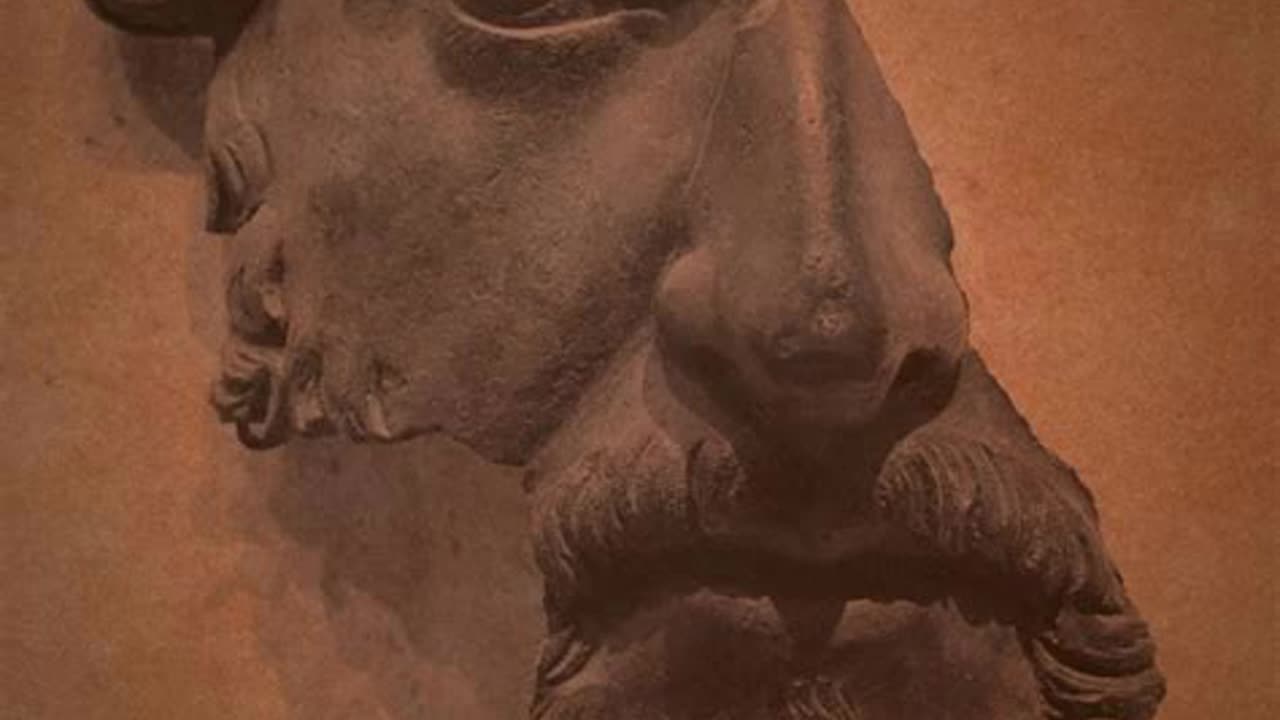Premium Only Content

Meditations by Marcus Aurelius | Summary and Critique
Buy Here: https://amzn.to/4gVElnm
"""Meditations"" is a collection of personal writings by the Roman Emperor Marcus Aurelius, who ruled from 161 to 180 AD. The book is a philosophical reflection on the nature of life, morality, and the human condition, written during a period of war and political turmoil.
The book is divided into twelve parts, each consisting of a series of short, self-contained reflections on a variety of topics. Marcus Aurelius draws on the Stoic philosophy of his time, emphasizing the importance of rationality, self-discipline, and acceptance of one's fate. He also reflects on the transitory nature of life, the importance of virtue, and the need to live in accordance with one's values and beliefs.
Critics have praised ""Meditations"" for its timeless wisdom and its emphasis on the importance of inner strength and self-control. Marcus Aurelius's ideas about the nature of reality, the importance of rational thought, and the need to live in accordance with one's principles have been influential in a wide range of fields, including philosophy, psychology, and self-help.
Overall, ""Meditations"" remains a classic work of Stoic philosophy, whose insights into the nature of life and the human condition continue to inspire and challenge readers today. While it has been subject to criticism, its emphasis on the importance of inner strength and self-control remains as relevant and compelling as ever."
-
 DVR
DVR
In The Litter Box w/ Jewels & Catturd
20 hours agoACTIVIST JUDGES | In the Litter Box w/ Jewels & Catturd – Ep. 761 – 3/13/2025
15.5K18 -
 LIVE
LIVE
Sean Unpaved
2 hours agoMarch Madness Ramp Up
488 watching -
 2:11:11
2:11:11
The Quartering
3 hours agoTrump To END Taxes For Most Americans, Government Shutdown, Tariffs, Michelle Obama Humiliated
58.2K19 -
 6:08:53
6:08:53
Viss
6 hours ago🔴LIVE - Tactic Driven Gameplay to Win at Battle Royales! - PUBG
11.4K1 -
 2:53:46
2:53:46
Right Side Broadcasting Network
6 hours agoLIVE REPLAY: President Trump Meets with the Secretary General of NATO - 3/13/25
65.6K26 -
 LIVE
LIVE
CatfishedOnline
1 hour agoVictim Lost $1,000,000 to Romance Scammer!!
143 watching -
 1:20:58
1:20:58
Russell Brand
5 hours agoWoah! Dan Crenshaw REALLY HATES Tucker Carlson: Dan Explains Why – SF553
120K146 -
 1:27:07
1:27:07
vivafrei
4 hours agoKash Patel GOES NUCLEAR on Petty Crime? Canada GOES NUCLEAR on U.S. Bourbon! & MORE!
60.8K60 -
 59:06
59:06
The Tom Renz Show
2 hours agoDOGE & Immigration vs. Epstein, Health & mRNA? How are we doing?
12.8K6 -
 4:28:51
4:28:51
Akademiks
5 hours agoDay 1/30. PLAYBOI CARTI 'I AM MUSIC' PRE STREAM.
88.7K12